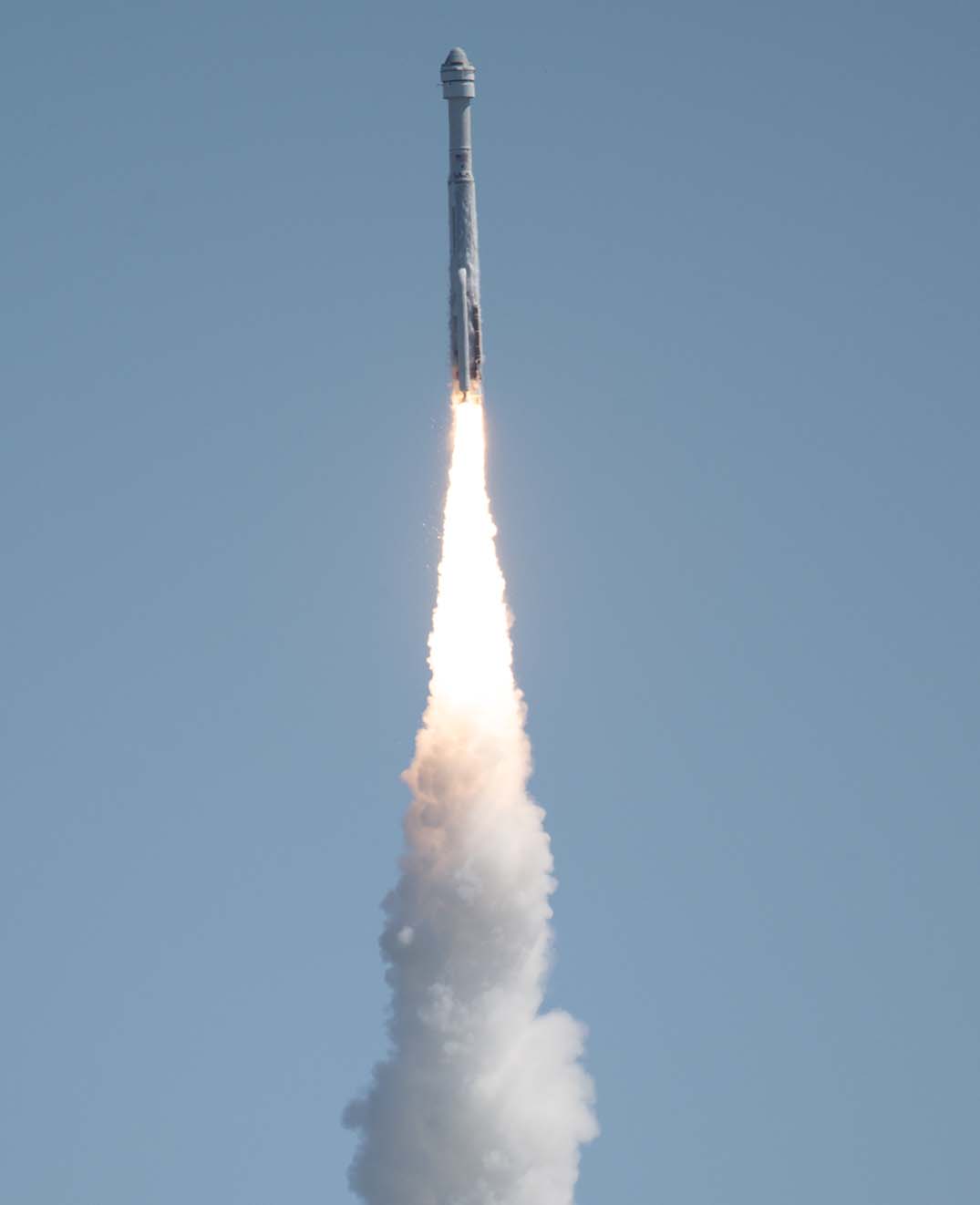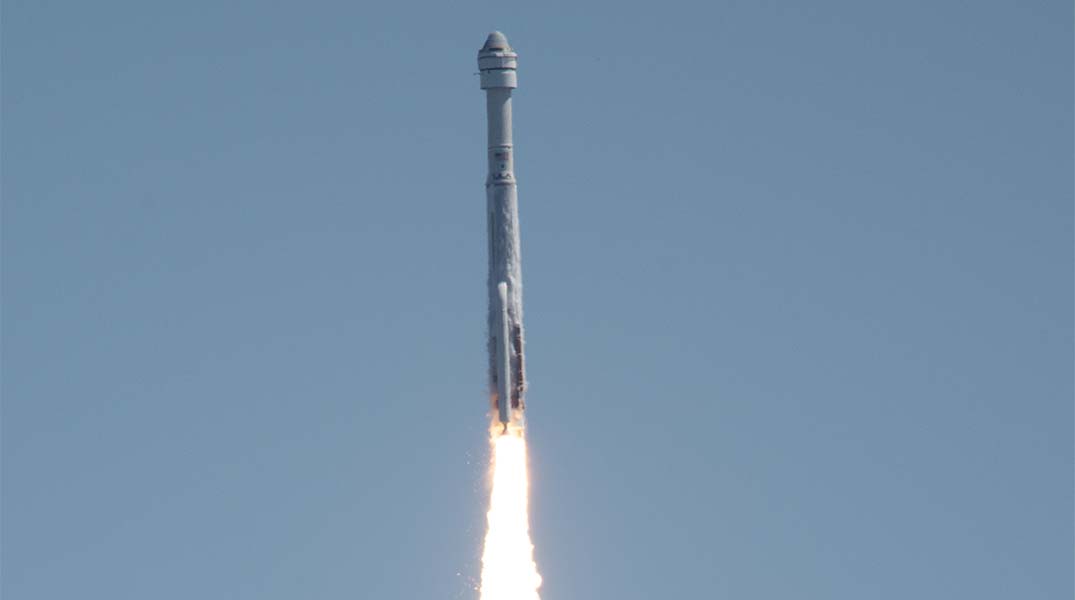NASA astronauts Butch Wilmore and Suni Williams are safely in orbit on the first crewed flight test aboard Boeing’s Starliner spacecraft bound for the International Space Station.
As part of NASA’s Boeing Crew Flight Test, the astronauts lifted off at 10h52 EDT on Wednesday on a ULA (United Launch Alliance) Atlas V rocket from Space Launch Complex-41 at Cape Canaveral Space Force Station in Florida on an end-to-end test of the Starliner system.
“Two bold NASA astronauts are well on their way on this historic first test flight of a brand-new spacecraft,” says NASA Administrator Bill Nelson. “Boeing’s Starliner marks a new chapter of American exploration. Human spaceflight is a daring task – but that’s why it’s worth doing. It’s an exciting time for NASA, our commercial partners, and the future of exploration. Go Starliner, Go Butch and Suni.”
As part of NASA’s Commercial Crew Program, the flight test will help validate the transportation system, launch pad, rocket, spacecraft, in-orbit operations capabilities, and return to Earth with astronauts aboard as the agency prepares to certify Starliner for rotational missions to the space station. Starliner previously flew two uncrewed orbital flights, including a test to and from the space station, along with a pad abort demonstration.
“With Starliner’s launch, separation from the rocket, and arrival on orbit, Boeing’s Crew Flight Test is right on track,” says Mark Nappi, vice-president and program manager of Boeing’s Commercial Crew Program. “Everyone is focused on giving Suni and Butch a safe, comfortable, ride and performing a successful test mission from start to finish.”
During Starliner’s flight, Boeing will monitor a series of automatic spacecraft maneuvers from its mission control centre in Houston. NASA teams will monitor space station operations throughout the flight from the Mission Control Center at the agency’s Johnson Space Centre in Houston.
“Flying crew on Starliner represents over a decade of work by the Commercial Crew Program and our partners at Boeing and ULA,” says Steve Stich, manager: commercial crew program at NASA’s Johnson Space Centre in Houston. “For many of us, this is a career-defining moment bringing on a new crew transportation capability for our agency and our nation.
“We are going to take it one step at a time, putting Starliner through its paces, and remaining vigilant until Butch and Suni safely touch down back on Earth at the conclusion of this test flight.”
Starliner will autonomously dock to the forward-facing port of the station’s Harmony module at approximately 12h15 on today (6 June), and remain at the orbital laboratory for about a week.
Wilmore and Williams will help verify the spacecraft is performing as intended by testing the environmental control system, the displays and control system, and by maneuvering the thrusters, among other tests during flight.
After a safe arrival at the space station, Wilmore and Williams will join the Expedition 71 crew of NASA astronauts Michael Barratt, Matt Dominick, Tracy Dyson, and Jeanette Epps, and Roscosmos cosmonauts Nikolai Chub, Alexander Grebenkin, and Oleg Kononenko.

A United Launch Alliance Atlas V rocket with Boeing’s Starliner spacecraft aboard launches from Space Launch Complex 41 at Cape Canaveral Space Force Station, Wednesday, June 5, 2024, in Florida. NASA’s Boeing Crew Flight Test is the first launch with astronauts of the Boeing spacecraft and United Launch Alliance Atlas V rocket to the International Space Station as part of the agency’s Commercial Crew Program.
Credits: NASA/Joel Kowsky
More arrival and in-flight event coverage can be viewed on NASA+, the NASA app, and YouTube.

